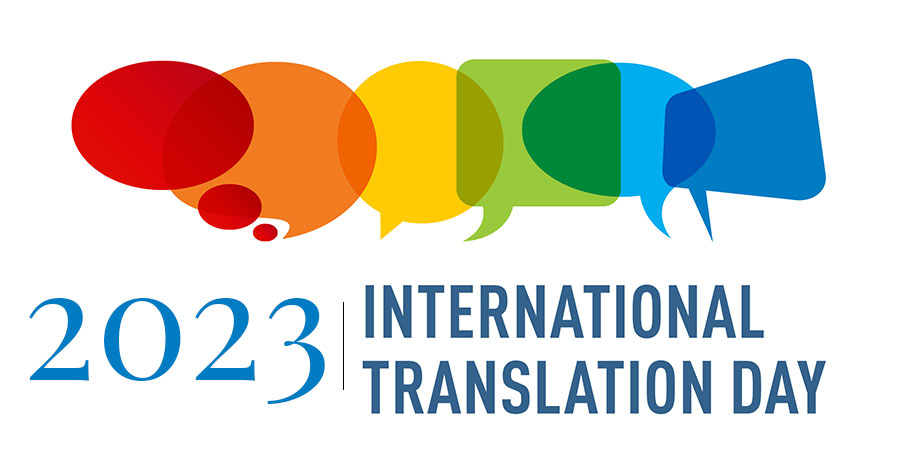Are you faced with the challenge of breaking down language barriers for effective communication? Imagine…
Website localization to Businesses and Organisations

Website localization is the process of adapting website content to make it linguistically and culturally appropriate for a specific target audience. Website localization is critical for businesses and organizations that want to expand their reach to international markets and engage with customers from different cultures and languages.
Website localization involves several steps, including translating website content, adapting images and graphics to the target audience, and making necessary adjustments to the website design and functionality. The goal of website localization is to create a seamless user experience that feels like it was created specifically for the target audience.
One of the significant benefits of website localization is the ability to engage with customers on a more personal level. By creating content that resonates with the target audience’s language and culture, businesses can establish a deeper connection with their customers and build stronger relationships with them. This, in turn, can lead to increased customer loyalty and higher sales revenue.
Website localization also helps businesses overcome language barriers and expand their reach to new markets. By creating localized websites, businesses can communicate with customers who speak different languages and cater to their unique cultural preferences. This allows businesses to tap into new markets and grow their customer base.
In addition to its benefits for businesses, website localization also has advantages for users. Localized websites provide users with content that is more relevant to their needs and preferences, making it easier for them to find the information they are looking for. This, in turn, enhances the user experience and improves customer satisfaction.
The process of website localization requires a high level of linguistic and cultural knowledge, as well as technical expertise. Translators must be proficient in both the source and target languages, and web developers must have a deep understanding of website design and functionality.
In conclusion, website localization is a critical process that enables businesses to expand their reach to international markets and engage with customers from different cultures and languages. It requires a high level of linguistic and cultural knowledge, as well as technical expertise. With the help of professional website localization services, businesses can create personalized and relevant experiences for their customers and achieve their goals in the global marketplace.



